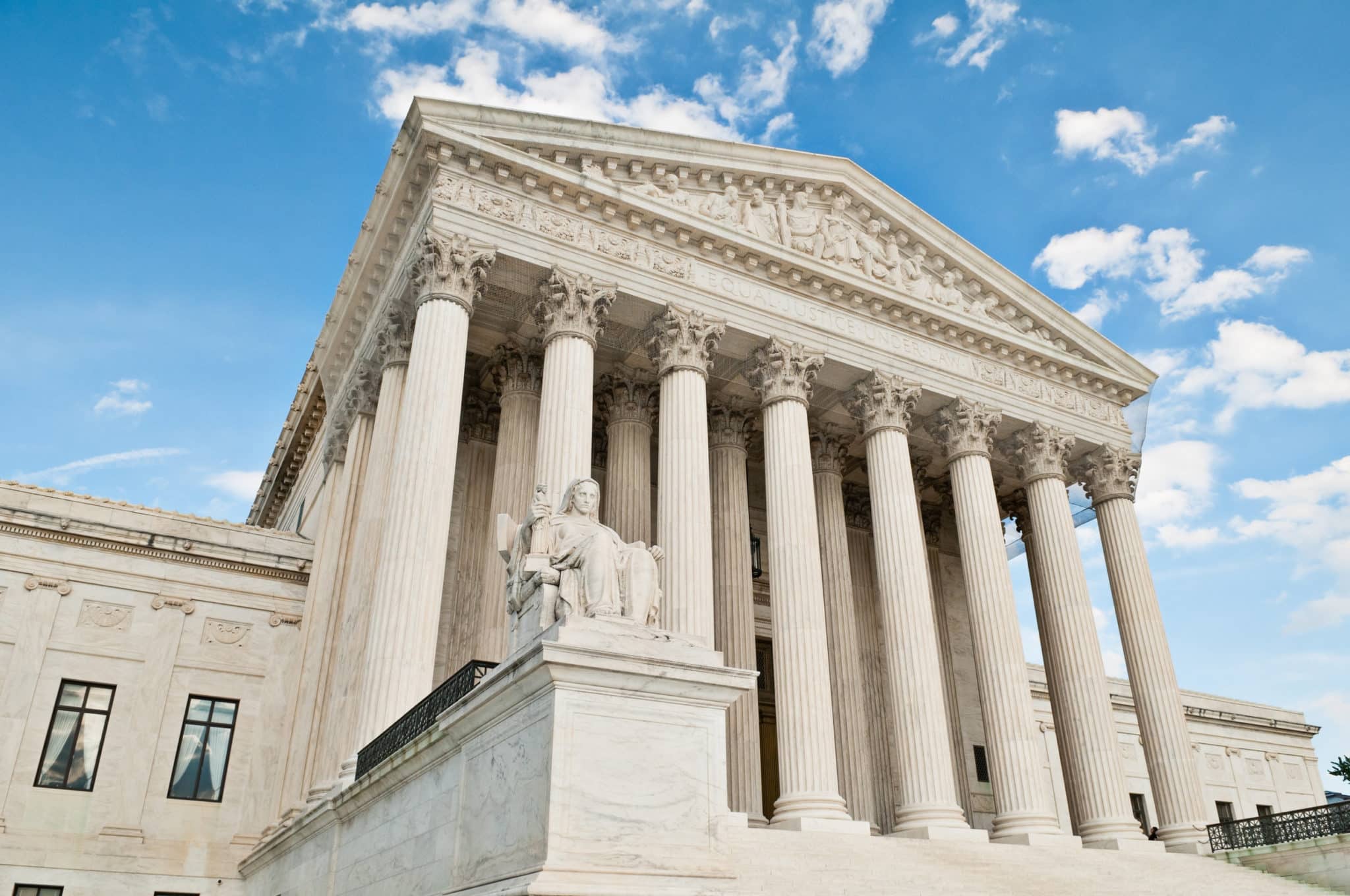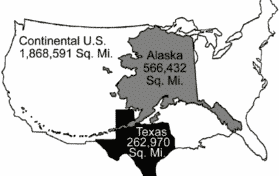
Texas has made headlines with its S.B. 8 law, which restricts most abortions after six weeks. On Monday, the United States Supreme Court heard arguments on the merit of this fetal heartbeat bill.
The justices on a mostly conservative court are reviewing two cases to determine whether either the United States Justice Department or abortion providers themselves can pursue federal challenges to S. B. 8. As the arguments were heard, pro-choice protestors gathered outside the building holding signs stating “Repro(ductive) freedom for all.”
The law was signed into law on May 8, 2021. Within eight days, lawsuits by pro-choice groups were filed. By October 6, a federal judge enjoined the law, but, by October 8, a Fifth District court had put a stay on the federal order.
The way the Texas law works is that any citizen can bring a civil lawsuit against an abortion provider or anyone aiding the provider in carrying out an abortion after a fetal heartbeat can be detected. This is integral to the Supreme Court’s upcoming findings. The argument presented on Monday had to do with who can be sued in these proceedings. The argument also discusses who would oversee such litigation, including state judges and court clerks. The initial lawsuits filed by mid-May in Texas involved abortion clinics suing judicial officials rather than the executive officers in Texas.
Interestingly, the right to an abortion is not the direct issue of the lawsuit. The abortion providers that initially sued stated in their case that the state could not ban abortion early in pregnancy due to previous Supreme Court rulings.
Texas isn’t the only state to ban abortions after a certain point in the pregnancy, and neither is it the only abortion-related case being heard by the Supreme Court during this session. Mississippi possesses a ban on abortions after fifteen weeks; a law that was quickly passed in 2018.
There are two cases being heard around Texas S. B. 8. One is headed by attorney Marc Hearron representing a coalition of abortion providers. Hearron says that the S. B. 8 case is one that could be a “roadmap” for any state “to oppose federal lawsuits with which it disagreed . . (because) it puts enforcement of the law into private hands, not state officials themselves.” Hearron argues that abortion providers have a legal right to sue the state officials, judges, and clerks of Texas in this case.
The Texas Solicitor General, Judd Stone, is defending the law, maintaining that it is not “appropriate” to sue officers of the court, such as clerks. Stone remarked, “The attorney general simply does not have any control of the procession of S. B. 8 lawsuits in any way.”
The Biden Administration has also filed suit against the state of Texas as a result of the abortion law. Elizabeth Prelogar, a United States Solicitor General, says that the law “is an attack on the authority of this court to say what the law is.” Prelogar was only confirmed by the Senate in the last week of October.
Prelogar argues that a federal jurisdiction is appropriate for the lawsuits, and that the State of Texas is liable for what the Biden Administration has termed an unconstitutional law.
One area of consideration that the Supreme Court must consider has to do with Ex parte Young. In 1908, the Supreme Court permitted lawsuits in federal courts for injunctions to block allegedly unconstitutional state action. The 1908 case in particular allowed suits against state officials rather than suing the state itself when federal law is violated. Texas Solicitor Stone says that state courts must first rule on these lawsuits before the federal court intervenes, according to the Ex parte Young ruling.
Prelogar argues that the Texas law is both an attack on the Supreme Court as well as federal law itself. She claims that Texas designed S. B. 8 to “open(ly) defy the constitutional structure and to thwart federal law.”
Prelogar when on to argue that any state is free to bring arguments to the Supreme Court which ask the Court to reconsider previous rulings, but “(states) are not free to place themselves above this court, nullify the Court’s decisions in their borders, and block the judicial review necessary to vindicate federal rights.”
It’s been reported that Justice Elena Kagan, an Obama Administration appointee, has sarcastically referred to the authors of the law “some geniuses” who wanted to slow down abortion rates and bypass the idea that states cannot nullify the federal Constitution.





